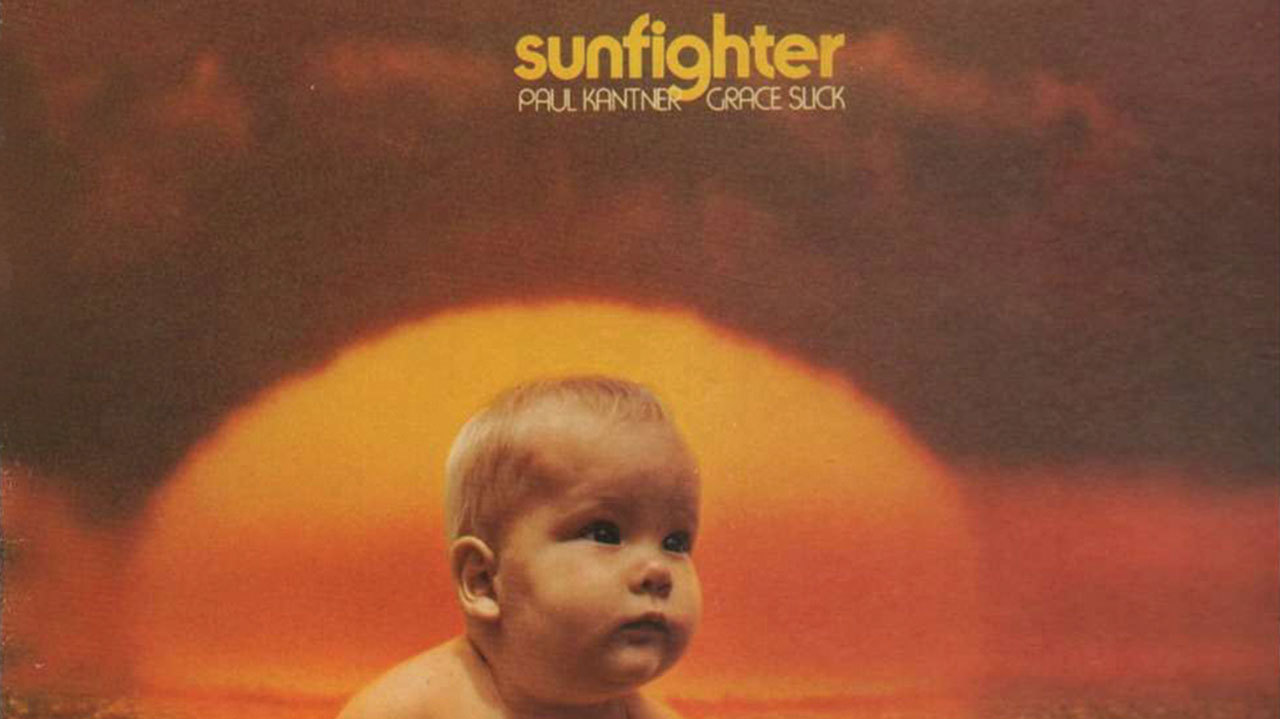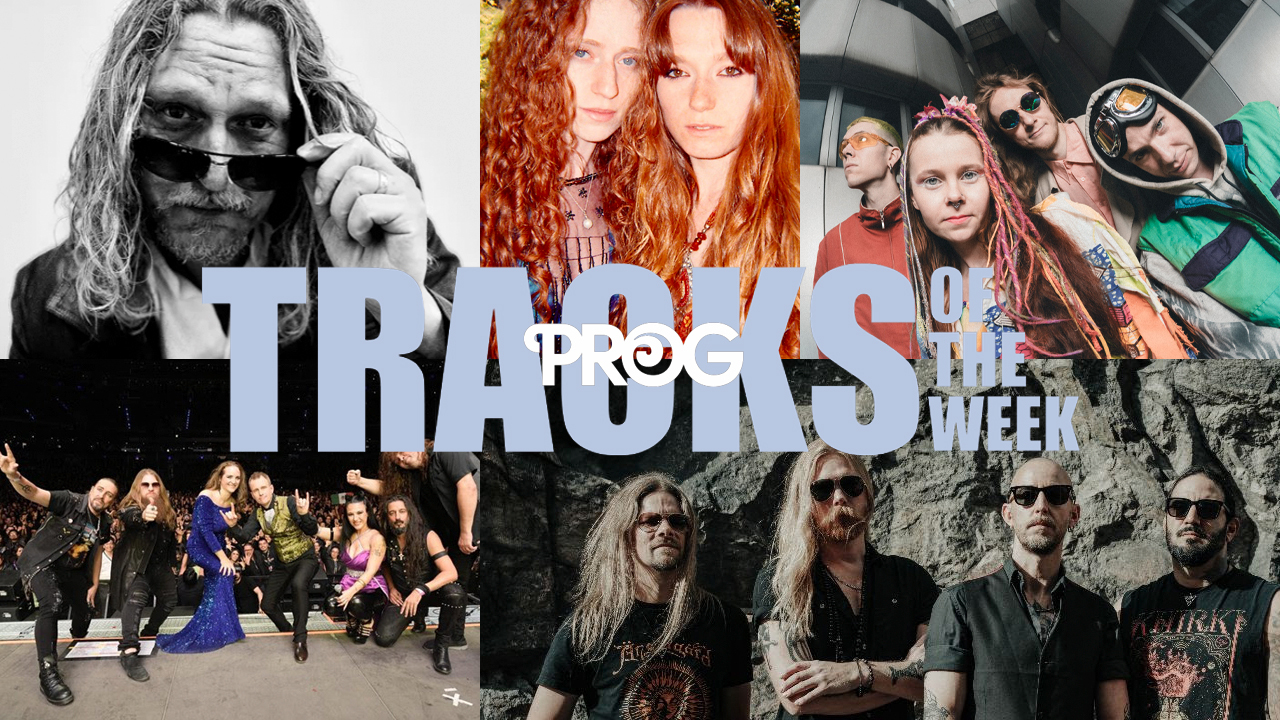
Getting it together in the country was very much the fashion when Paul Kantner and Grace Slick left San Francisco for the rural surroundings of Bolinas, some 30 miles north-west of the city. With Jefferson Airplane grounded, the couple unwound to the slower pace of life, emerging with a striking collection of songs.
It’s not a concept album per se. However, with their newly born daughter China held aloft by one arm of each parent on the record’s sleeve, it’s not entirely surprising that the themes of many songs deal with change, rebirth and transformation. With allusions to cycles of time, the ineffable workings of nature and images of the moon and the sun embedded within much of the work, there’s a freewheeling density throughout.
Joined by an eclectic cast that includes the Grateful Dead’s Jerry Garcia, Graham Nash, David Crosby and fellow Jefferson crew members Jack Casady and Peter Kaukonen, it’s a powerful album. Even when bolstered via the strategic deployment of Tower Of Power horns and the Edwin Hawkins Singers, Grace Slick’s forceful vocals cut through the instrumental layers with an impressive precision.
- It's Prog Jim: The Futureheads
- It's Prog Jim But Not As We Know It
- It's Prog Jim... But Not As We Know It
- 9.30 Fly - 9.30 Fly: It's Prog Jim But Not As We Know It
Sunfighter is rich in depth and detail, and for all the hedonism of the times, it’s tempered with a mindful degree of control. It might be supposed that it extols the virtues of the hippie lifestyle. Not a bit of it. Million is a salute to Kantner and Slick’s urban roots, while Silver Spoon’s satirically graphic lyrics on the benefits of cannibalism take aim at the pious vegetarians inhabiting Bolinas.
There are points where the album seems to slip free and enters a kind of out-of-body experience. Titanic is a pulsating collage of waves, groaning undertones and mechanistic throbbing, all eventually sinking into amniotic oblivion. The elegiac, synth‑stained Diana Part 2 spills into Universal Copernican Mumbles. Borrowing from Terry Riley’s cyclical patterns, acoustic piano tumbles in sequence with bubbling Moog lines, generated by Herbie Hancock collaborator Patrick Gleason.
Combining open-minded structures into straighter songwriting, the album’s centrepiece, When I Was A Boy I Watched The Wolves is stoked with fiery licks from Garcia, sparking at shifting time signatures and the intoned choruses as if from some nearby pagan invocation. Musing upon the nature of packs and loners, and alluding in part to the radical political groups of the day, such as the Weathermen, its dark, brooding presence continues long after the track has finished.
A personal act of renewal for Kantner and Slick, Sunfighter stretches and pushes at boundaries and convention, honouring something of their psychedelic origins, but keenly looking outwards to new shores.
Sign up below to get the latest from Prog, plus exclusive special offers, direct to your inbox!
Sid's feature articles and reviews have appeared in numerous publications including Prog, Classic Rock, Record Collector, Q, Mojo and Uncut. A full-time freelance writer with hundreds of sleevenotes and essays for both indie and major record labels to his credit, his book, In The Court Of King Crimson, an acclaimed biography of King Crimson, was substantially revised and expanded in 2019 to coincide with the band’s 50th Anniversary. Alongside appearances on radio and TV, he has lectured on jazz and progressive music in the UK and Europe.
A resident of Whitley Bay in north-east England, he spends far too much time posting photographs of LPs he's listening to on Twitter and Facebook.

